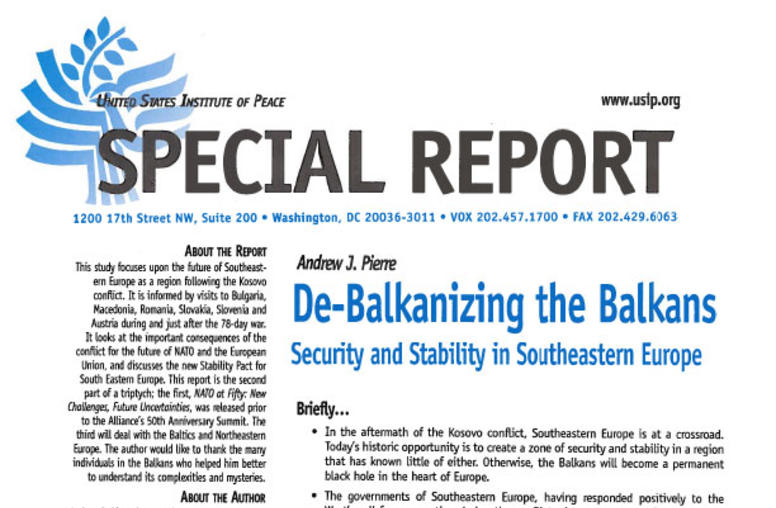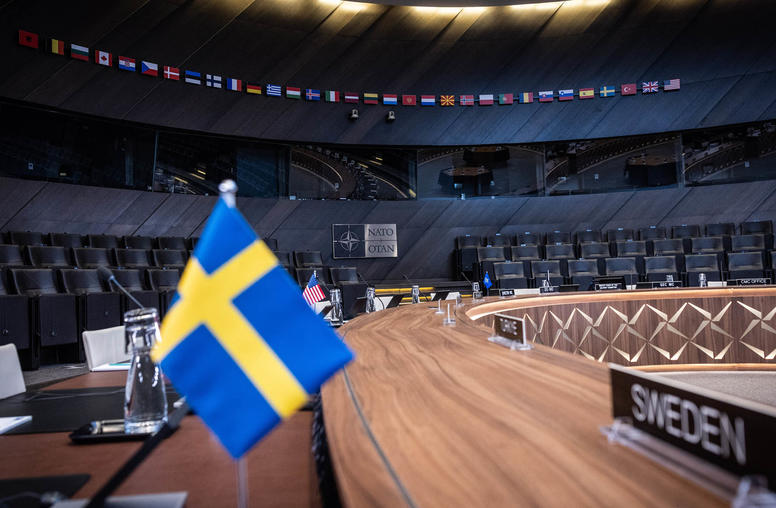The USIP Professional Training Program offered a one day seminar in conflict management skills for participants in a State Department International Visitor Program whose purpose was to acquaint participants with American perspectives on preventive diplomacy and conflict resolution.
The USIP Professional Training Program offered a one day seminar in conflict management skills for participants in a State Department International Visitor Program whose purpose was to acquaint participants with American perspectives on preventive diplomacy and conflict resolution.
The USIP seminar focused on enhancing participants' negotiation and mediation skills through a series of facilitated discussions and exercises. The eight participants were all professionally engaged in conflict analysis and resolution, as civil society leaders, journalists, political party leaders, or government officials. One participant was from Bosnia, one from Cyprus, two from Germany, one from Romania, one from Serbia, one from Sweden, and one from Northern Ireland (UK).
Participants responded enthusiastically to the program, contributing with great energy to group discussions and exercises. They drew upon their own experiences to contribute to a shared analysis of conflict management challenges such as dealing with intransigent opponents and negotiating from a position of weakness.



